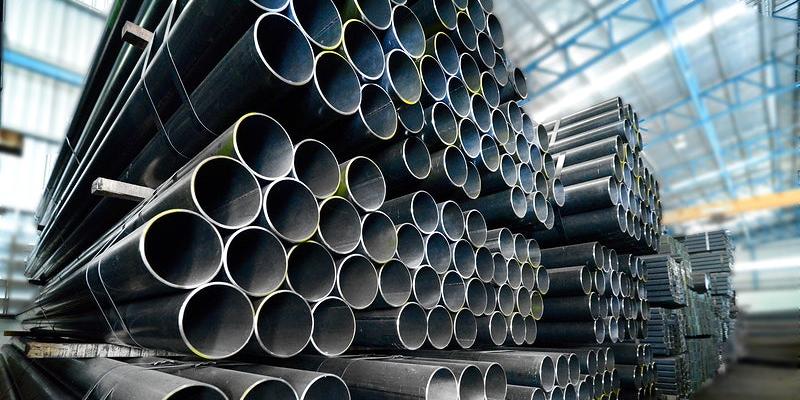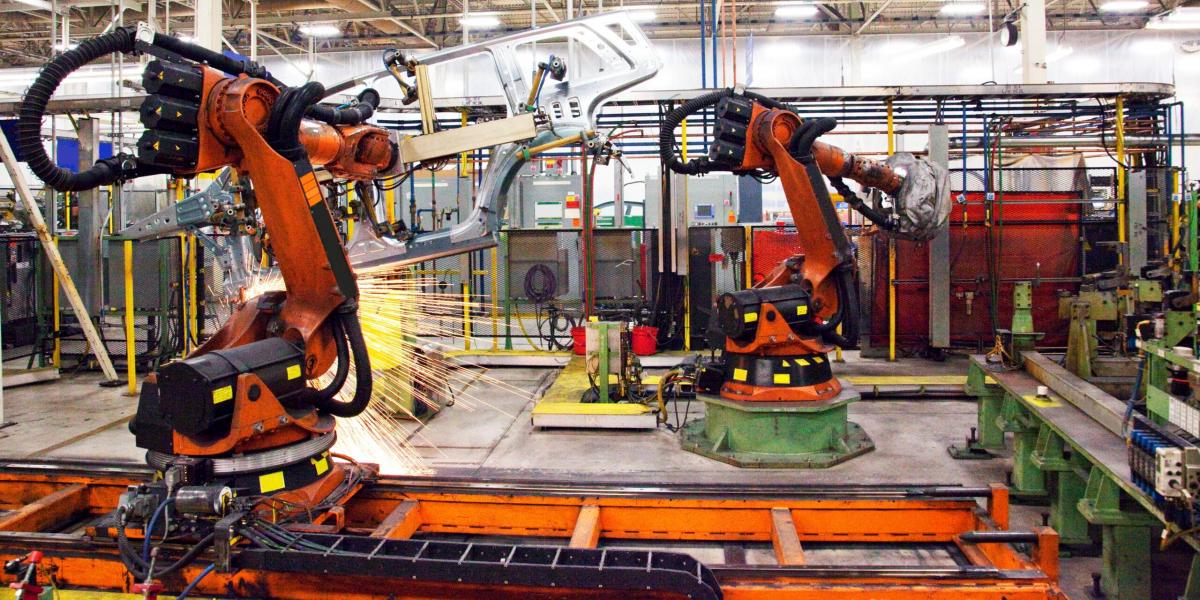Nigeria : Insecurity, aggressive revenue drive undermine Middle Belt, Niger Delta industrial zones
- 27 July 2022 / News / 592 / Fares RAHAHLIA

Prevailing challenges of insecurity in the Middle Belt region and aggressive revenue drive by governments in the Niger/Delta region have remained a clog in the performance wheel of industrial firms in the identified regions, latest data from the Manufacturers Association of Nigeria (MAN) have shown.
In its CEOs’ Confidence Index (MCCI) for Q2 of 2022, the manufacturers reported that Middlebelt, which houses Bauchi/Benue/Plateau industrial zones, was the most unsettled region due to the insecurity challenge in the country.
As a result of the situation, a number of companies in the zone operated at a sub-optimal level, while others have either shut down operations or relocated to a safer environment, said the report.
According to MAN, the companies experienced severe stockout of primary raw materials, particularly agro-allied as most of the farmers had taken to their heels due to insurgency.
Equally, manufacturing and other business activities in the Rivers/Bayelsa zone struggled with the impact of the aggressive drive for internally generated revenue by the Government to bridge revenue gaps occasioned by the divesting activities of International Oil Companies from hydrocarbons to renewable energy sources.
MAN noted that the huge autonomous investment in the crude oil business in the zones accounts for the number of induced investments in the area.
In the quarter under review, observations from the analysis of industrial zone activities showed that the operating environment in the zones within the Middlebelt and Rivers/Bayelsa zone was the toughest during the quarter under review.
The index score of Bauchi/Benue/Plateau fell below the 50 points baseline at 46.3 points from 48.3 points recorded in the first quarter of the year. Likewise, the Index score of the Abuja zone also declined to 43.5 points from the 44.8 points in the first half of the year. Rivers/Bayelsa scored 45.0 points, which fell short of the 46.0 points recorded in the first quarter.
The Association advised that the government should be proactive in dealing with internal and external security issues by exploring policies that would help to create a buffer for the economy.
The MAN used the Russian-Ukrainian as a good example which has shown that the world has become a global village and the occurrence of an incident in a part of the world, notwithstanding how specific we may think, can actually become a global issue.
The group further noted that apart from the need for ardent management of global peace, the series of global occurrences and the lessons learnt to demand that national Governments should begin to take drastic measures to manage these phenomena proactively.
Undoubtedly, phenomena such as the China-America trade war, the Asian and Global Financial crises, the challenges thrown up by the COVID-19 pandemic and now, the Russian-Ukraine war call for the development of sustainable national anticipatory policy measures.
The Aggregate MCCI score of 54.6 points for the quarter under review, which is above the 50 baseline points by 4.6 points shows that manufacturers still have minimal confidence in the economy, with the expectation of improvement in the operating environment.
For instance, the performance of Bauchi/Benue/Plateau and Rivers zones with index scores below the baseline points is a serious cause for concern, it said, adding that the business ambience in the second quarter was no doubt beset by numerous macroeconomic, regulatory and externally induced challenges, compounded by the lingering backlashes of COVID-19 pandemic and the ongoing Russian-Ukrainian war.
“Clearly, the resultant effects of these challenges continue to manifest in the escalation of global inflation, the shortfall in the global supply chain followed by the rise in energy cost, fertilizer and fertilizer inputs, wheat grain, etc. Cumulatively, these challenges interplayed to shape the direction of the performance of the manufacturing sector in the second quarter of 2022.
“It is therefore important for the Government to intentionally create an anticipatory policy framework that will facilitate automatic stabilization of the economy in the event of domestic or global shocks while addressing the aforementioned familiar operating challenges limiting the performance of the sector.” MAN advised.
source: guardian.ng
 English
English
 français
français
 العربية
العربية







